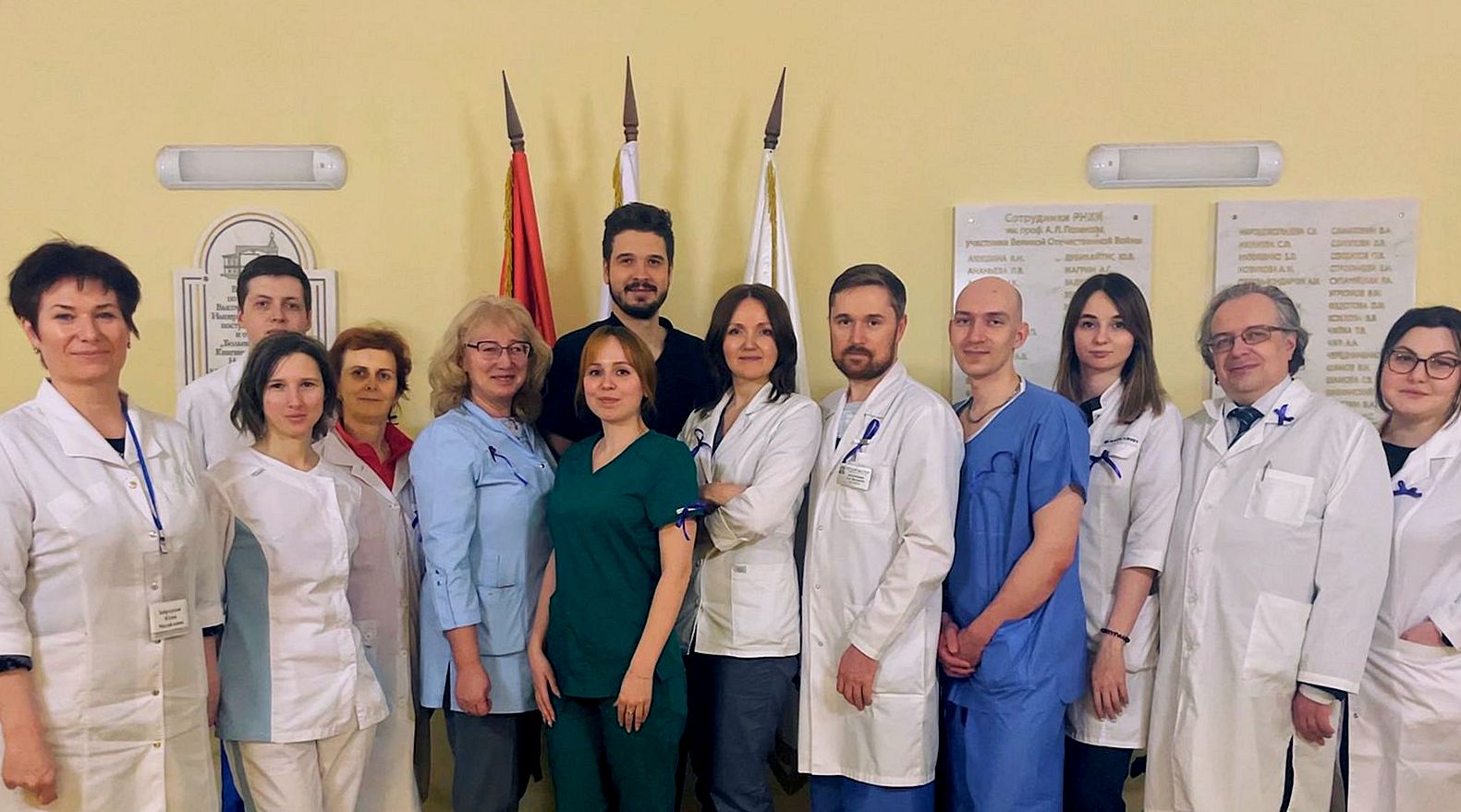
There are two days held across the globe to raise awareness about epilepsy: International Epilepsy Day, celebrated each year on the 2nd Monday of February and Epilepsy Awareness Day commonly known as Purple Day and celebrated annually on March 26th. Purple Day is an annual worldwide event that strives to raise awareness of epilepsy.
Purple Day was started in 2008 by a 9-year-old Canadian girl Cassidy Megan motivated by her own struggles with epilepsy to remind those who live with seizures that they were not alone. In 2009, over 100 public associations participated in Purple Day.
Epilepsy is one of the world's oldest recognized conditions, with written records dating back to 4000 BC. Epilepsy is a chronic neurological disease characterized by unprovoked seizures or non-convulsive attacks. It affects around 65 million people worldwide. Epilepsy is one of the few chronic diseases for which a sustained remission can be achieved: people can study, work, create families and have healthy children. Modern antiepileptic drugs show high effectiveness and low toxicity and do not cause mental or mood changes. About 70% of people with epilepsy can lead normal lives if properly treated. However, despite the recent achievements of epileptology, about 30% of patients suffer from refractory epilepsy. Surgery becomes the treatment of choice for such patients.
The diagnosis and surgical treatment of epilepsy have been among the main focuses at Polenov Neurosurgical Institute over the years of its research and practical activities since 1926.
New methods of surgical treatment are being introduced to ensure a lower incidence of postoperative complications. The Pediatric Neurosurgery Department provides surgical treatment for children with epilepsy. The Institute carries out grants on epilepsy problems and conducts international clinical trials of new antiepileptic drugs.

Shortly before March 26, Polenov Neurosurgical Institute traditionally holds a meeting of the Epileptology Group where new methods of treatment are discussed.
